Got a new iPhone SE? These are all the best iOS 13.4 features you need to know
Apple's new iPhone SE is a beauty. For those who are switching from an older iPhone stuck on iOS 12 or earlier, or those making the jump from an Android phone, iOS 13 has a lot to offer; you just have to know where to look. For example, the latest update, iOS 13.4 and iPadOS 13.4, added new trackpad support for the iPad, iCloud folder sharing and included some general performance boosts as well.
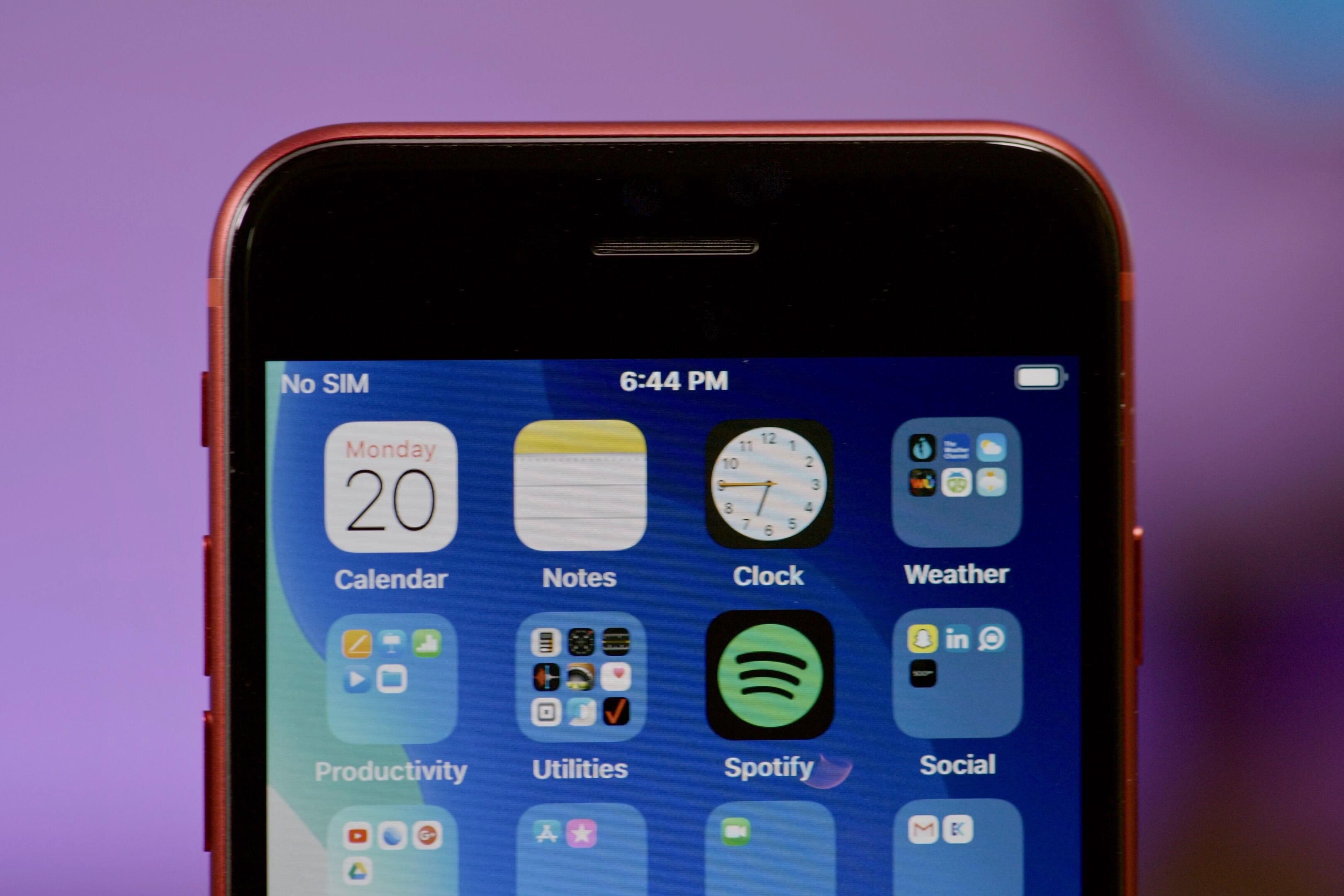
Trackpad support on the iPad may seem like overkill at first, but once I started to use it, the entire experience just made sense. Moving from keyboard to trackpad and back feels natural, and gives the iPad a laptop-like feel. On the iPhone, features like the new dark mode have saved my eyes and battery life, while the revamped Messages search has made it easier to find information from past conversations with my wife.
If you're not sure if your device will run iOS or iPadOS 13, scroll to the bottom for a complete list of compatible devices. Otherwise, here's everything you need to know about iOS 13, from getting it on your iPhone or iPad to its best features.
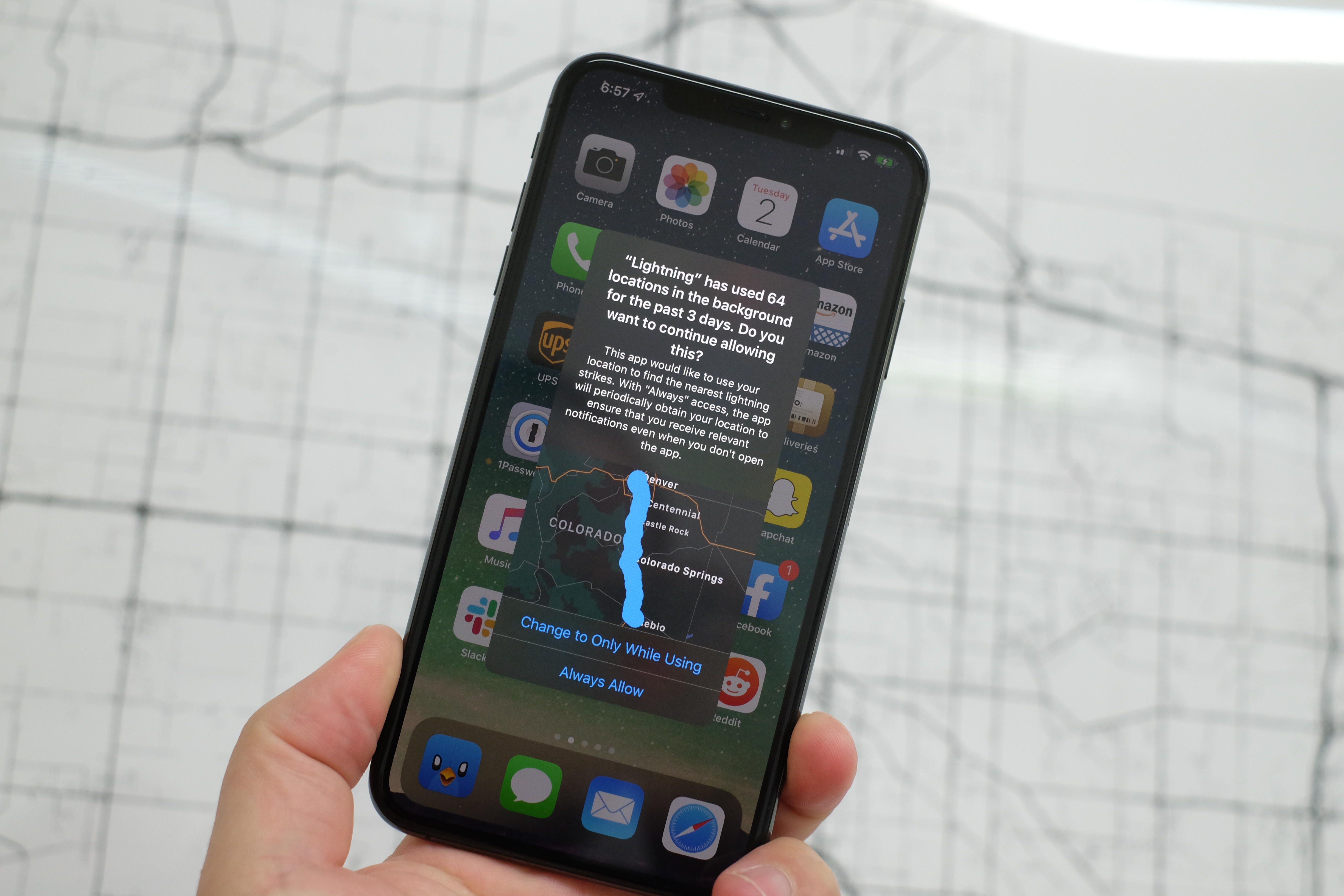
Install iOS 13
If you've been holding off on updating your phone or tablet, don't worry -- you won't have to install every single iOS 13 update. You can update directly to the latest available version. But before you update, it's a good idea to get your iPhone ready to update by removing old apps and creating a current backup of your phone. Then, you'll be OK to install iOS 13.
Stop unknown callers
With a single button, you can effectively stop unknown callers from making your iPhone ring ever again. With the feature enabled, iOS 13 will only allow calls through from your contacts and numbers found in Mail or Messages. Everyone else, like robocallers, will go straight to voicemail.
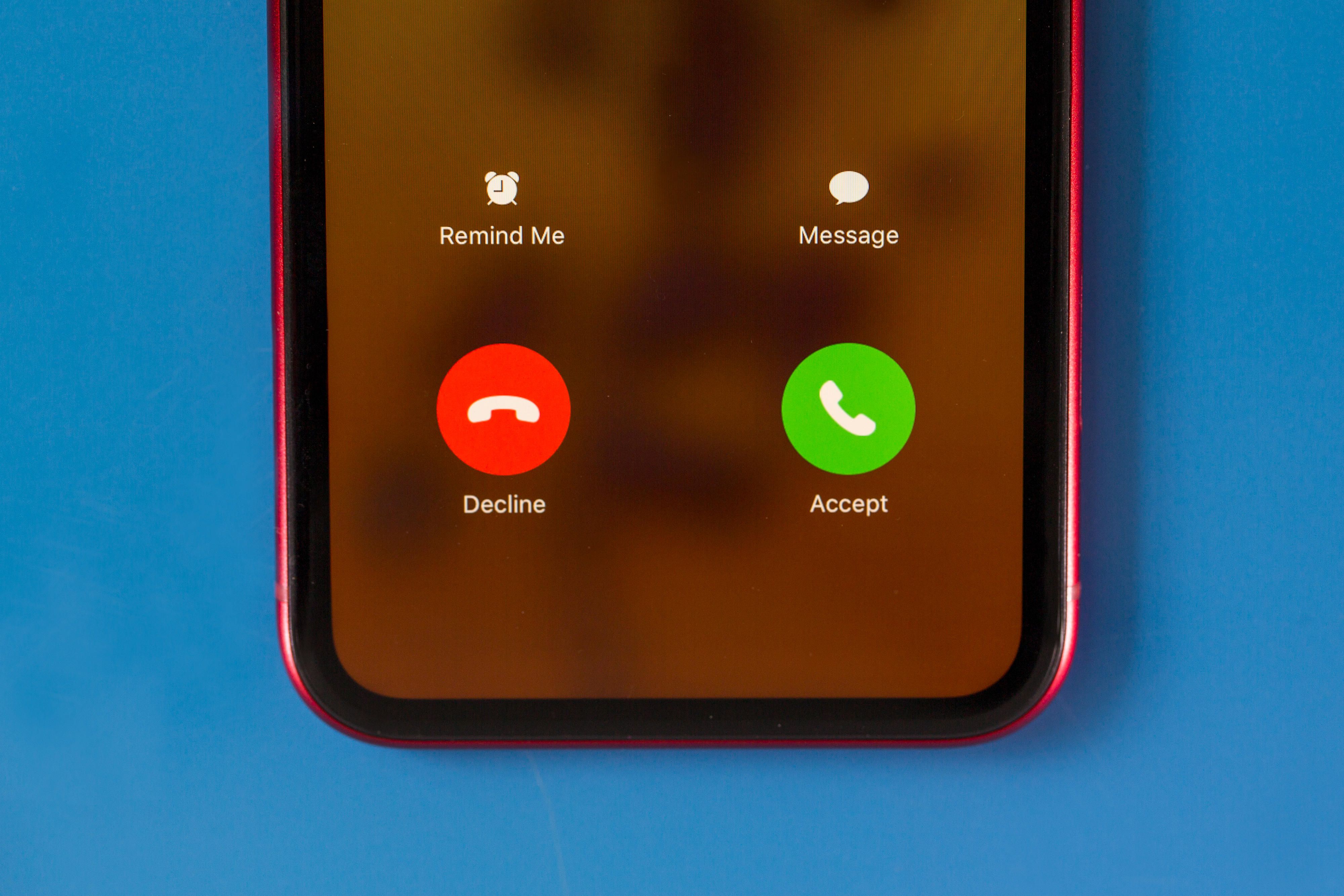
Quicker Wi-Fi, Bluetooth selection
For years we've thought it would make sense for there to be some way to connect to Wi-Fi networks and Bluetooth devices from Control Center, instead of having to open the Settings app and tap several times.
With iOS 13, Apple has finally made it possible to view and connect to available networks or devices without ever opening Settings. Hallelujah. For us, this fixes one of the iPhone's most annoying quirks.
That swipey keyboard
Android users have been swiping on their keyboards to type for years, using a number of third-party apps, like Swype and SwiftKey. Google later added swiping to its own Gboard. At long last, Apple has added the capability, letting you trace a word to spell it out.
Apple calls it QuickPath Typing. In theory, it's faster than pecking away at the virtual keyboard, and just as accurate -- and you still get spelling suggestions as you go along.
The feature is especially useful for one-handed typing and is ready for use as soon as you install iOS 13. Here's how to use QuickPath on iOS 13. And we found a workaround that lets you cuss on the iPhone keyboard.
Dark mode for all
Dark mode, which replaces the usual light screen with a dark screen, is available across core apps in iOS 13, including the calendar, music and photo apps.
This appears to be systemwide, but we'll need to see if there are any exceptions. Dark mode is a popular trend across apps, with Android 10 adding official support for a dark theme too. Here's everything we know about dark mode for the iPhone.
Deleting apps is a little different
Now that Apple has fully ditched 3D Touch on the iPhone 11, the way we delete and move apps around the home screen of our iPhones and iPads has changed.
Photos app adds video editing tools
The Photos app received a pretty significant overhaul. Organizing and surfacing photos are both now easier, and the edit tools have a new look. But most impressive is the ability to use all of the picture editing tools you're familiar with on videos in the Photos app.
Yes, that means you can apply filters, adjust brightness and even crop a video right in the Photos app. This is what you need to know about photos in iOS 13.
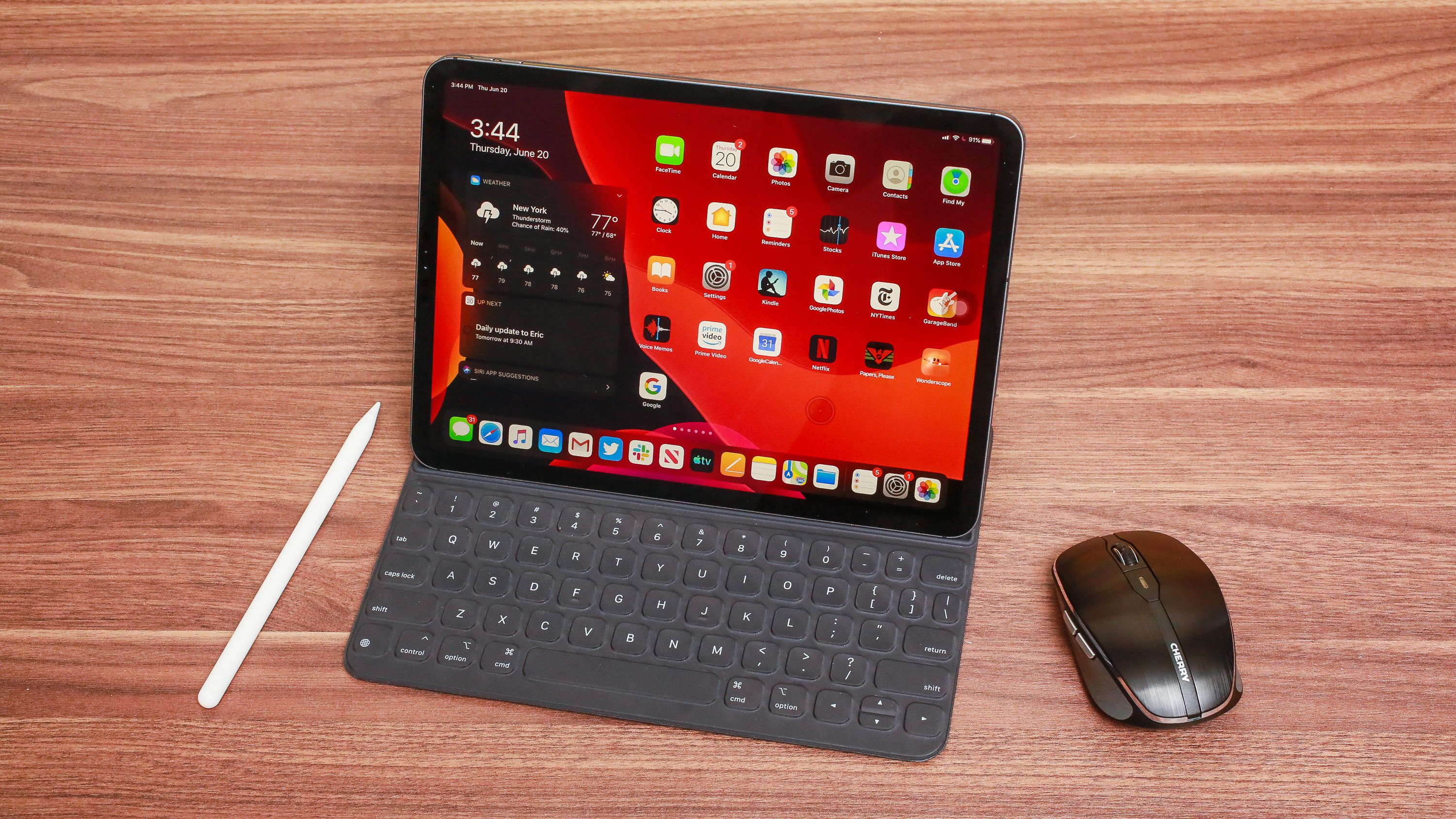
iPadOS gestures
The iPad is growing into its own computing platform, and with that comes plenty of new gestures used to get around apps and the homescreen. Whether it's opening multiple apps or quickly switching between workspaces, we have you covered on iPad gestures.
Trackpad support for iPad
Apple added official trackpad and mouse support to its iPad lineup with the release of iPadOS 13.4. The update checks another box in converting the tablet into a true laptop replacement, joining other features like a desktop-class Safari browser and better multitasking.
Hidden features
One of the best parts about using new software is finding features that weren't announced. Often these features are the most notable in a major update, and iOS 13 has its fair share of hidden features.
The volume indicator gets out of the way
Know how iOS has always had an annoying volume indicator that took over the screen, disrupting whatever it was you were watching? Well, on iOS 13, that's gone. The volume indicator is minimal and gets out of the way -- there's even a cool new trick for adjusting the volume.
Custom fonts inside apps
Apple will still limit font selection for iOS as a whole. However, the company is opening up iOS 13 to allow custom fonts inside apps. The added flexibility is perhaps an indicator that Apple is loosening its grip on controlling every aspect of the user experience. This is everything we know about installing, managing and downloading custom iPhone fonts.
Find My Phone and Find My Friends join forces
Apple combined Find My Friends and Find My iPhone into a single app now called Find My and added the capability to help find lost devices for people you don't even know.
When you mark one of your Apple devices as lost, Apple will crowdsource the device's location by asking all Apple devices to look for your device's Bluetooth signal. Once another Apple device finds your lost phone, tablet or computer, you'll receive an alert. Apple says the free service is completely anonymous and encrypted.
'Sign in with Apple' won't share your email address
A new privacy feature called Sign in with Apple logs you in to accounts and apps without your having to add your email address, which Apple says will protect users from third-party apps that want to track them.
This is Apple's version of logging in with Facebook and Google, with one major exception. Those tools can be used to track you online, but Apple's version will use your iPhone or iPad to authenticate your credentials when you log in. You tap to authenticate with Face ID without revealing any personal information about yourself.
You can also choose to share or hide your email address, and can ask Apple to create a random email for the app or service that forwards to your actual email address, thereby masking your real identity without your needing to use a junk account.
Apple also blocks apps that track your location from Wi-Fi and Bluetooth and lets you decide if you'd like apps to ask your permission each time they request your location data.
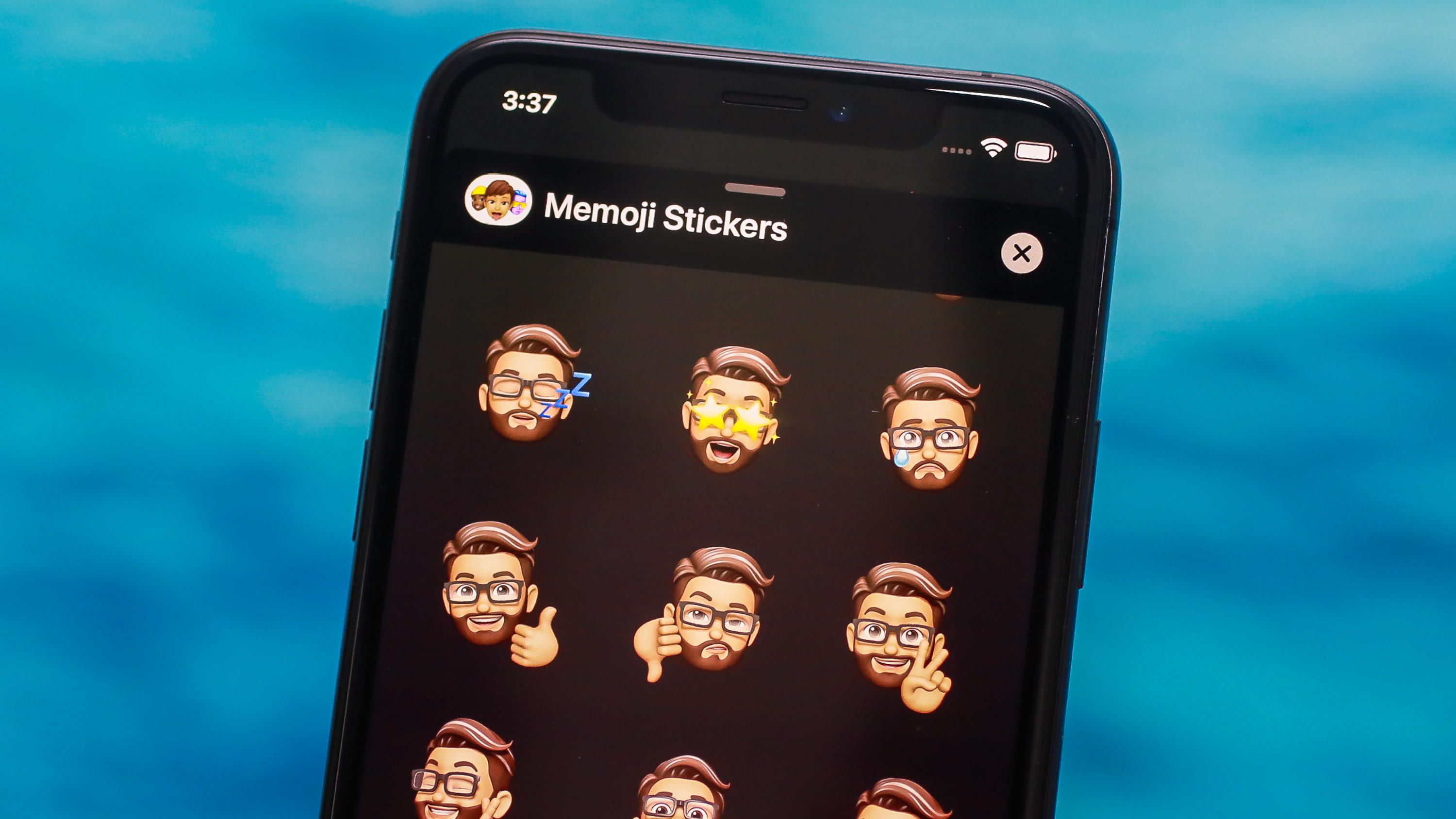
Memoji avatars come to Messages, stickers
Apple's Messages apps will now get support for Memoji profiles, which puts a thumbnail of your Memoji (an emoji of your face) in the Messages app. New controls let you go in-depth with customization, makeup -- even adding braces to your teeth. You also get a sticker pack across your iOS 13 devices.
Messages search is much smarter
With iOS 13, the ability to search old Messages conversations has been vastly improved. You can now find links, photos, attachments and even text within a message thread that's several months old.
iMessages now works on dual-SIM phones, with both phone numbers assigned to your phone. You'll need to set a primary number, but you can switch between numbers as you compose messages. The same goes for FaceTime, Apple's video calling platform.
Reminders has a new look
Reminders looks completely new, and it's so much smarter. You can even tell it to remind you about something the next time you talk to a contact in Messages.
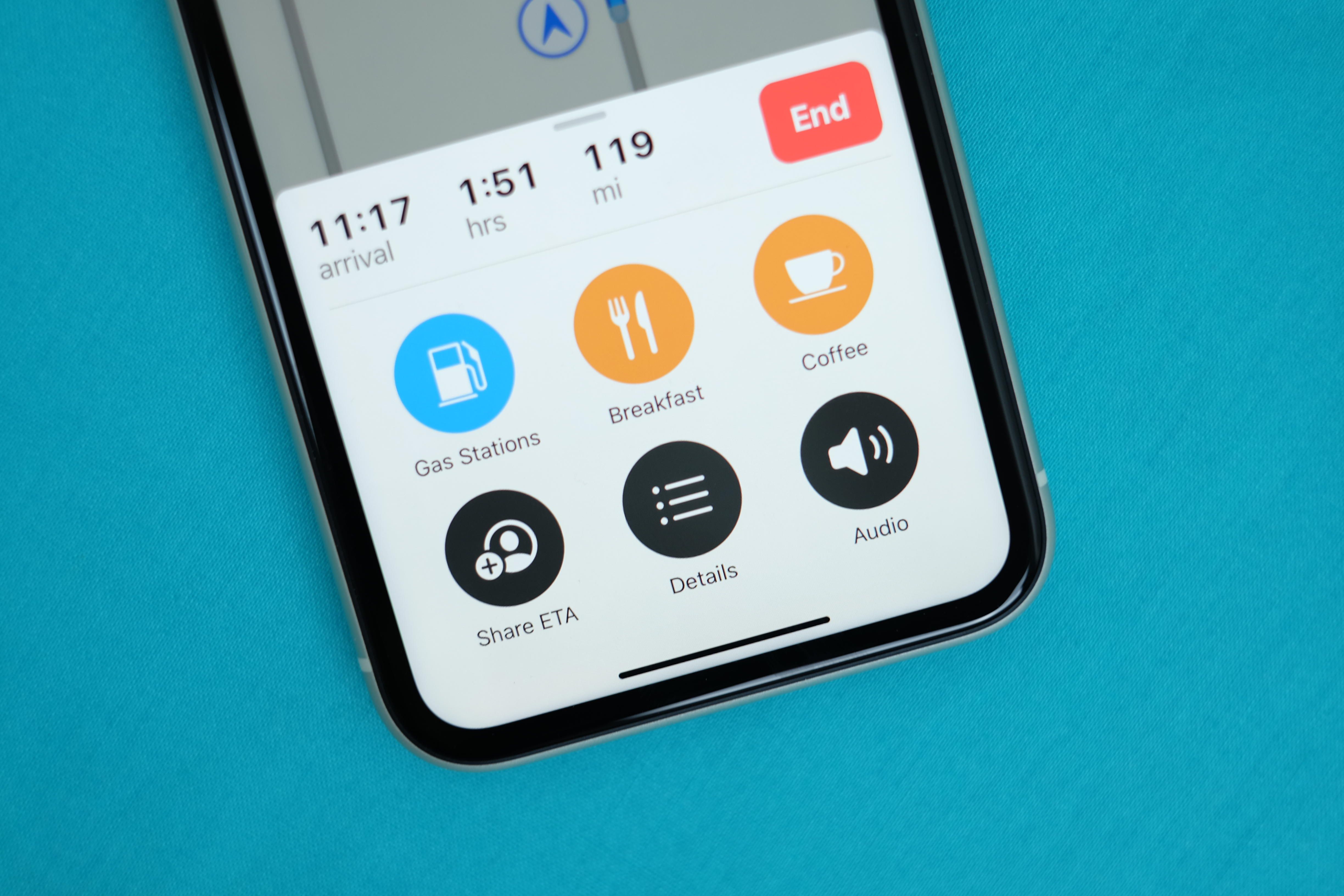
Apple Maps improvements
There's now a Google Street View-like feature called Look Around, and a new feature that lets you share your ETA with a loved one so you'll never feel bad about being unexpectedly late again.
Share music or a movie with a second pair of AirPods
Instead of handing one of your AirPods to a friend or loved one so they can hear what you're listening to, you can now tell your iPhone to stream audio to two pairs of AirPods thanks to Audio Sharing. And if you've used Apple Pay to buy something, you're already a pro at setting up Audio Share.
Sharing photos and links is different now
Whenever you tap the Share button to share a photo or link, you use the iOS Share Sheet. And starting with iOS 13, that sheet has gotten smarter. It will now suggest contacts and apps to share with. It's also reorganized into a new list of iPhone shortcuts and actions, which can be a bit confusing.
Siri finds a new voice
Apple's voice assistant Siri gets an audio update in iOS 13. Instead of the clipped tones often associated with AI, Apple is hoping the new Siri will sound smoother and more natural to your ears. Using a neural talk-to-speak network, Siri will speak with fewer gaps and fewer inhuman-sounding modulations.
iOS 13's Siri also works better with AirPods ($159 at Apple), the HomePod ($299 at Apple), CarPlay and Safari:
- You can create personalized shortcuts using a new Shortcuts app.
- Siri reads messages as soon as they arrive and you can instantly respond.
- You can hand off a phone call or music from your iPhone to your HomePod.
- CarPlay: Siri smart suggestions work here, like suggesting you open your garage door when you get close to home.
- Siri Suggestions comes to the Safari browser.
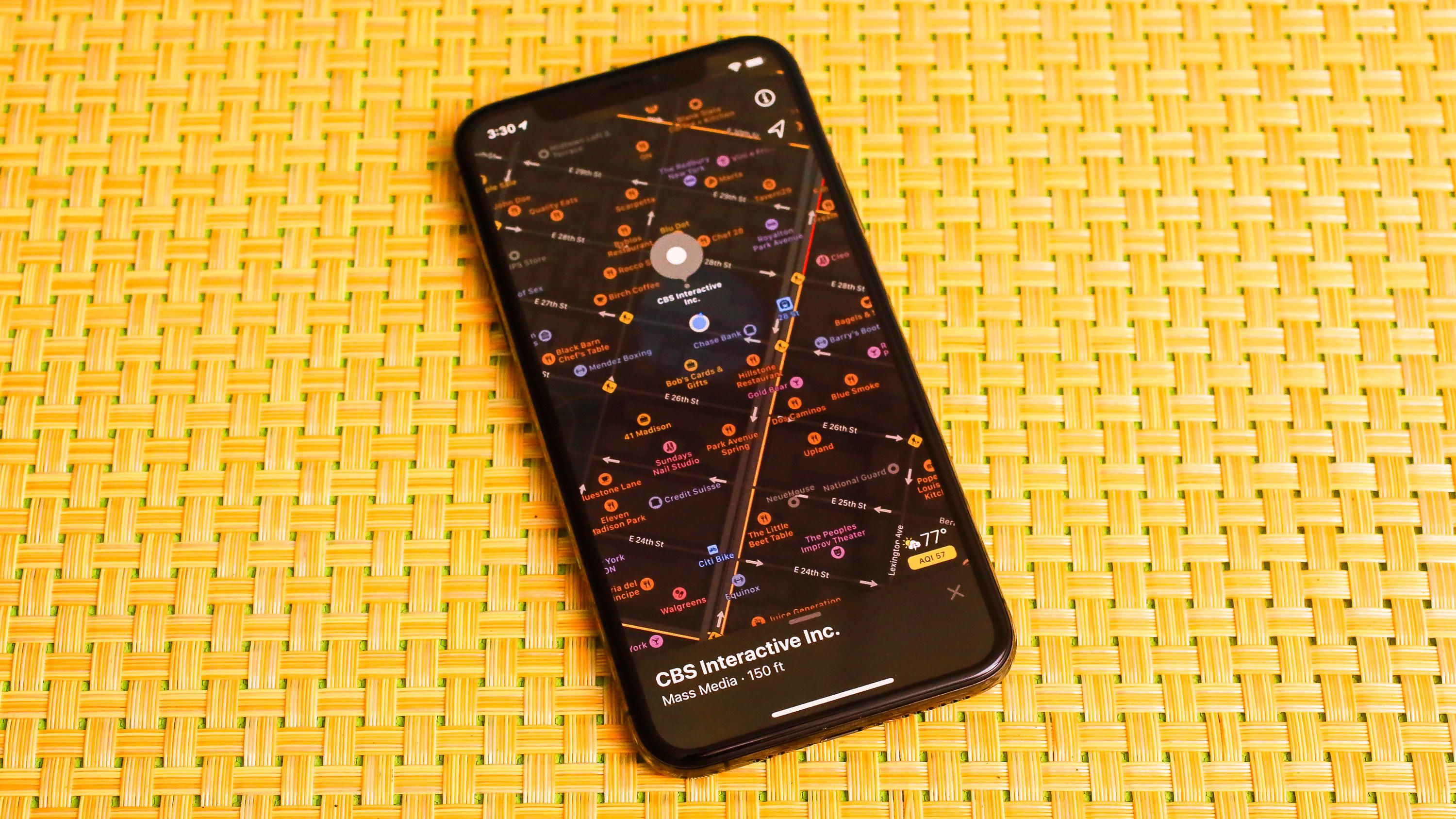
More app updates in iOS 13
- Mail: Gets rich new fonts and an option to mute threads.
- Notes: A new gallery view and support for shared folders.
- Camera: Portrait Mode gains new lighting effects and the ability to control the intensity as well as lighting direction.
- CarPlay: An entirely new Apple CarPlay design, with more information on the main screen as well as "Hey, Siri" support.
Subtle improvements to iOS 13
- Add attachments to events in Calendar.
- Time-synced lyrics for Apple Music.
- Support for 3D AR apps like Minecraft Earth
- Face ID unlocking is now 30% faster.
- Apps launch two times faster.
- Downloads are 50% smaller and updates are 60% smaller.
- Low-data mode.
- 38 new language keyboards.
- Language selection per app.
See if your iPhone or iPad works with the new OSes
Here's the official list of devices that will run iOS 13 and iPadOS 13, not including the most recent batch, which come with it installed:
Devices that will support iOS 13, iPadOS 13
iPod Touch (7th gen)
You should read it
- ★ iPhone and iPad tips before Apple announces iOS 14
- ★ These are all Apple products that will debut in 2018
- ★ 14 hidden iPhone and iPad gems: Screenshots, trackpad, better battery charging
- ★ iOS 13.4 with CarKey and new Memoji stickers released
- ★ Apple's new iCloud feature for iPhone and Mac may make you kiss Dropbox goodbye